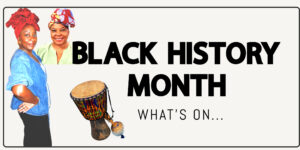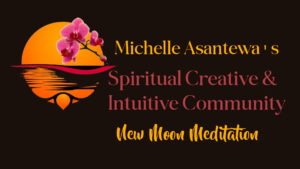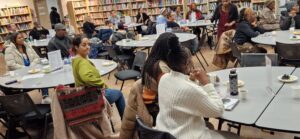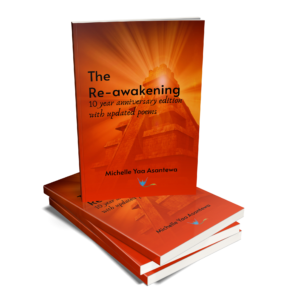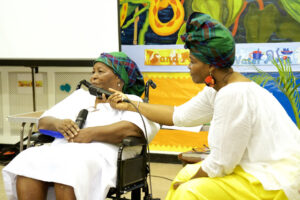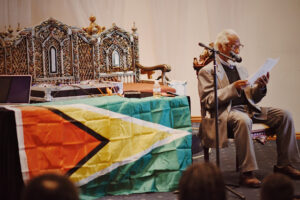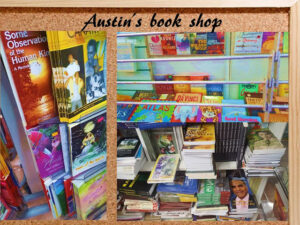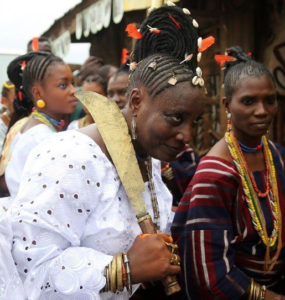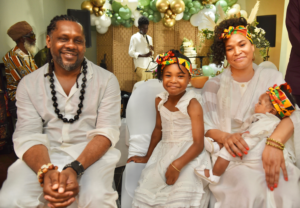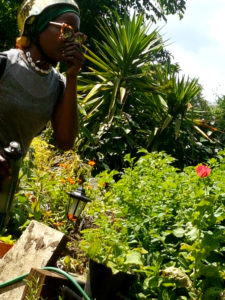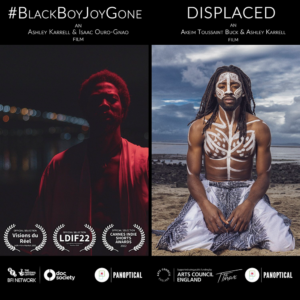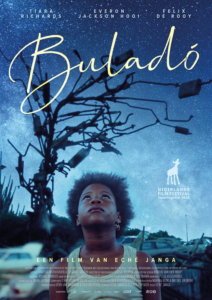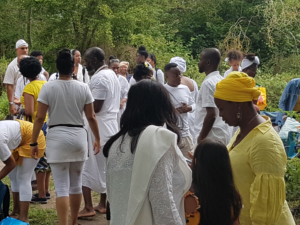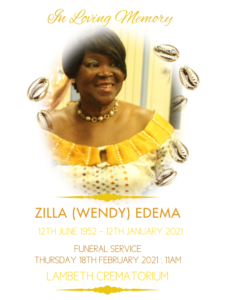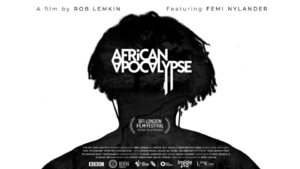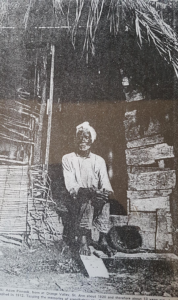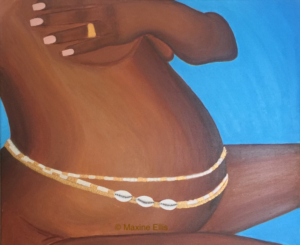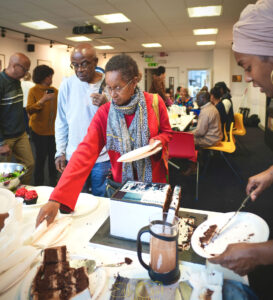
Disclaimer: Use of Copyrighted Images
The images used on this
blog and in our newsletters are sourced for educational purposes only.
These images are the property of their respective copyright holders and
are used under the principle of *fair use* to support commentary,
analysis, and discussion. We make no claim of ownership over any
copyrighted images and have taken all reasonable steps to attribute them
appropriately.
If you are the copyright owner of any image
featured here and believe it is being used improperly, please contact us
directly. We are committed to respecting intellectual property rights
and will take prompt action to resolve any concerns.
This content
is not intended for commercial use, and any reproduction or
distribution of the images without proper authorization may violate
copyright laws.
The Bridge and the Boat: honouring and acknowledging our elders
-
 By
Dr Michelle Yaa Asantewa
By
Dr Michelle Yaa Asantewa
- 3 minutes
- Article
Share
In memory of Norma Veronia Peters Sometime ago I had an overwhelming feeling of something missing from my life. A photo of an old man…
In memory of Norma Veronia Peters

Sometime ago I had an overwhelming feeling of something missing from my life. A photo of an old man reached out to me from the pages of an academic paper I believe was by elder Erna Brodber. The reference beneath it reads: “First generation freedman: Adam Pinnock, born at Orange Valley, St Ann about 1820 and therefore about 13 years old when the Abolition Act was passed. Photographed in 1912. Tapping the memories of grandfathers like Pinnock helps to make visible formerly ‘invisible’ history.” He is sitting outside his thatched, rustic dishevelled home, hands folded across his knees – strong, worked hands; his face speckled with light and what I imagine to be an iridescence from his ebony tones. His beard is neatly trimmed and I imagine tender when kissed. His eyes, focused away from the camera appear far off as though he is seeing beyond the physical world. The toes of his bared feet are sprawling and thick, heavy and like his hands well worked. There is grace and pride in every aspect of this elder; the creole knot head tie lends a beguiling beauty to the portrait. I became mesmerised by the picture and started to imagine some kind of familiarity which was hidden in a longing I didn’t know was there.
I photocopied the picture, enlarged then framed it. It has been in my home ever since – a quiet presence that kept me company in some of my loneliest days. This was the time my mother (Mama Lou) had returned to Guyana in one of those repatriation efforts we hear so much about before coming back to the UK. Unconsciously, I was missing her; specifically, her eldership. I had replaced the elder man with that void essence my mother left when she returned to Guyana.
It would take years before I was fully conscious of the gracious gift of elders. That their essence is a power, a beauty without which my journey and indeed our generic life cycle is tragically incomplete. I was surrounded vaguely by second generation, mostly Guyanese and thus relative ‘youths;’ many of them had already lost their parents. We had been thrust into the individualism and anti-agism of UK life and become used to having social gatherings without the presence of any elders. I knew this was not what I was used to and knew it was odd; we had slipped into this spiritually disquieting and insidious rhythm just as the isolation caused by Covid-19 has forced us into distances that are unnatural.
It was around this time I believe – when my spirit was begging for the sacred sustenance of our elders that I bumped into the feisty Mrs Washington who was used to trundling along the busy Brixton streets with her shopping trolley; curiously alone and obviously battling aches with skilful masking. My nosiness pushed me to ask her why she was on her own. Her son, she said, lived in Kent. We got chatting and in no time I heard the Guyanese accent. She cussed the way elders do sometimes to impress youngers and at other times to make us realise they still have passion. She was missing a daughter (since she had none) and I was missing my mother – we adopted each other and remained thus until her passing in July 2014.
As spiritual connections would have it it turned out she knew my mother very well. She would become one of many elders that spirit has been guiding me to thus far in my life as I had forgotten how magical and enchanting I had always considered them – since this magic was first experienced in the love of my grandparents. Elders have invisible lines that bridge us to so much of what we can never have of the past and their experiences richly colour and inform our lives about what we might expect in the future – at least what textures might be used to design and shape the future we want to have. From them we learn how to navigate the roughest water – as well as the deep and still. And for the elders I am blessed to know – my mum, her recently deceased cousin Norma, uncle Eric and my adopted godmother Aunty Joyce their love, beauty, passion and wisdom inspire me to ruffle the waters and yet remain firmly seated in the centre of the boat.
Michelle Yaa Asantewa
(July 2020)

Norma Peters who sadly passed on 22nd July 2020


